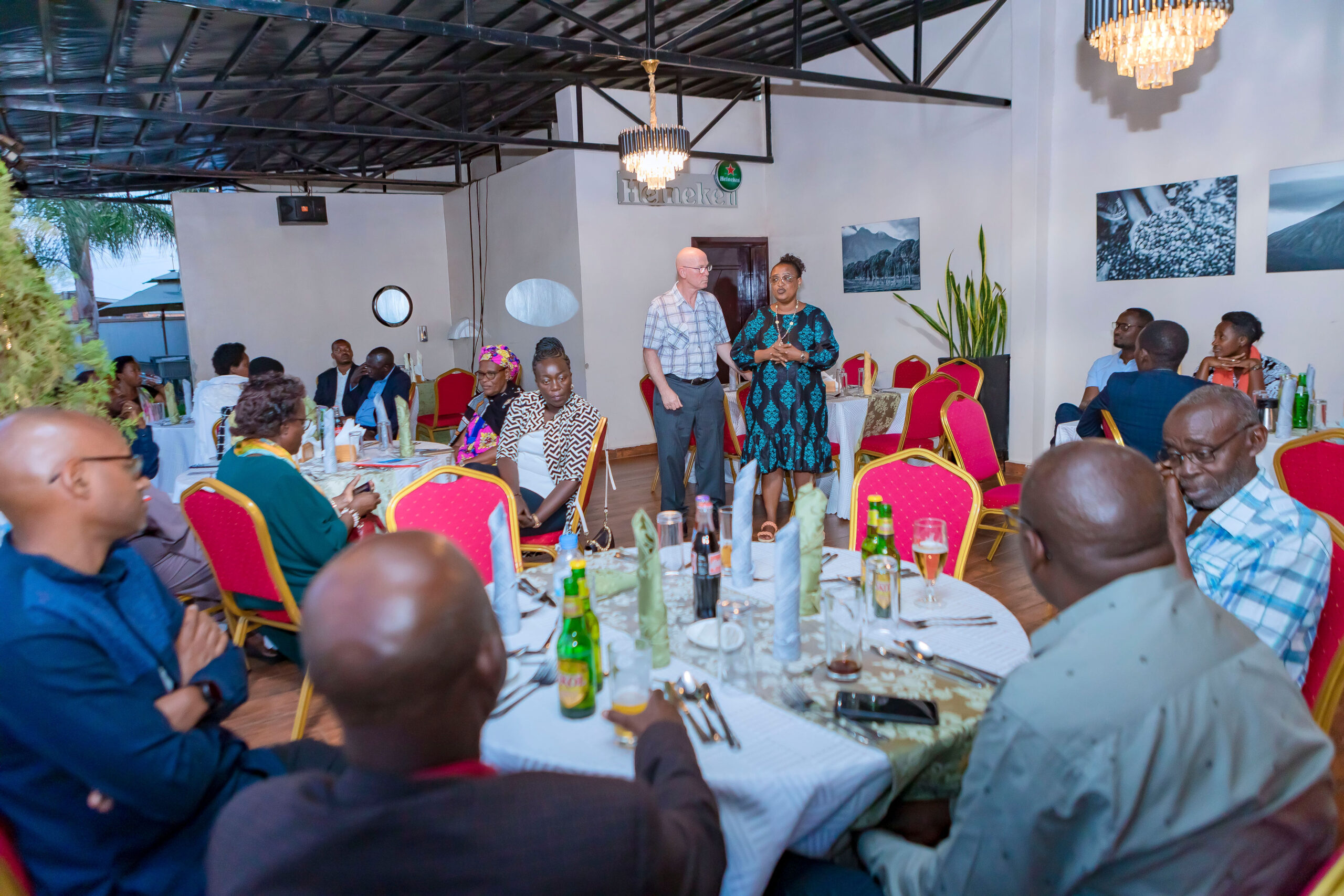The non-governmental organization Ineza Foundation, which has been operating in Rwanda for 10 years, is celebrating its achievements, including improving the livelihoods of some citizens and promoting early childhood education. These accomplishments fuel its determination to achieve even more.
Elizabeth Johnson Mujawamariya, the director of Ineza Foundation, explained that the organization was established in 2014 as a complementary initiative to Grace Rwanda, which had been founded earlier.
She said, “Today is a moment of reflection on what has been accomplished over the past decade and to chart the path forward. Looking back, we celebrate our achievements while identifying areas for improvement, especially in the presence of friends and partners who inspire us to keep moving forward in building our nation.”
Mujawamariya acknowledged that starting the foundation was challenging, but the founders’ determination helped them persevere and grow the organization. Over the years, it has played a significant role in improving the lives of families, fostering a reading culture in Rwanda, and advancing early childhood education.
She remarked, “With determination, everything is possible. These 10 years have taught us valuable lessons and brought us great benefits. We started with a small team of two or three people, but now we have teams in Rulindo, Jabana, and Gisozi. These milestones are worth celebrating because everything we do is aimed at fostering self-reliance within communities.”
The organization’s initiatives, such as early childhood centers and libraries, have significantly impacted the communities they serve, providing the foundation with the motivation to continue its mission.
Despite progress, Mujawamariya noted that their goals are not fully achieved: “There’s still much to be done. We cannot relax and say our work is finished. Instead, we must double our efforts to ensure even greater progress in the next 10 years, surpassing what we have achieved so far.”
In the coming years, Ineza Foundation plans to establish model community centers. “For instance,” she said, “if we set up one in Shyorongi, we can replicate it in Jabana and Nyamagabe. These centers will integrate libraries, early childhood development facilities, women’s empowerment activities, such as sewing, and entrepreneurship training, particularly for the youth, to help them lift themselves out of poverty.”
These initiatives are expected to be the focus over the next three years, laying the groundwork for the foundation’s vision for the next decade.




